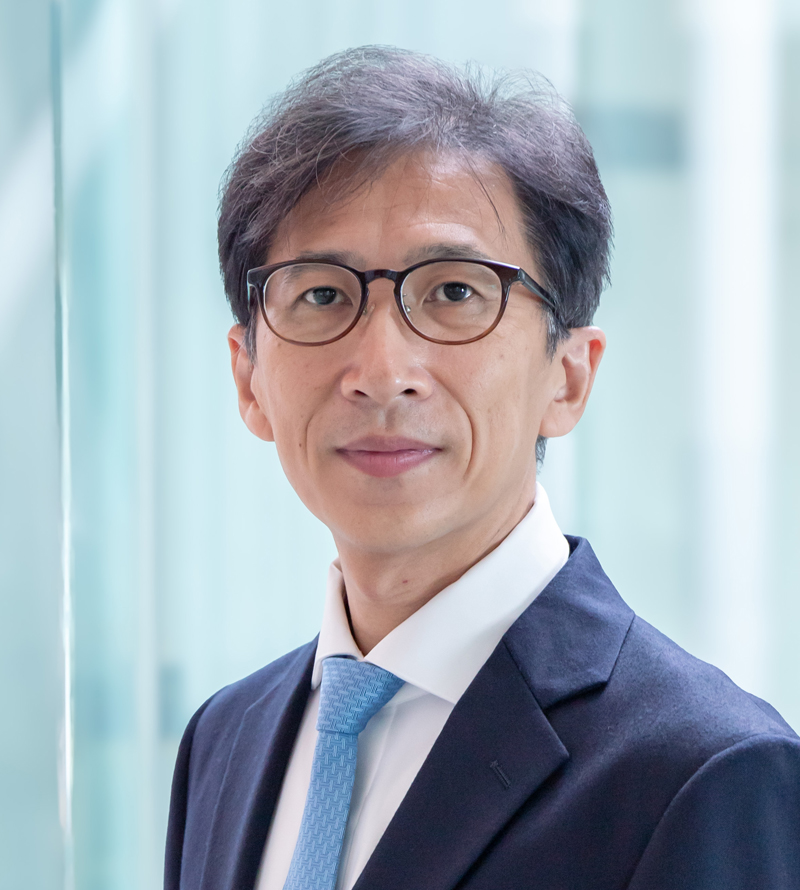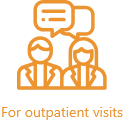Message from the Director of the Department
The Department of Pediatric Neurology at Okayama University has a long history of providing excellent patient care for all child neurological problems. Our team of pediatric neurologists, nurses and psychologists provides individualized high-quality care for children and their families.

Director,
Department of Pediatric NeurologyToshiki Takenouchi
Scope of Target Diseases
- Seizures and refractory epilepsy
- Perinatal brain injury
- Intellectual and developmental disabilities
- Movement disorders and cerebral palsy
- Neuromuscular diseases
- Autoimmune diseases, CNS infections
- Neurogenetic disorders and neurocutaneous syndromes
- Headaches
Features and Description of Medical Care
We have a large number of referrals of patients with pediatric neurological diseases from all over Japan, especially from the Chugoku and Shikoku regions. The clinic is open Monday through Friday for initial and follow-up visits.

Appointments should be made for electroencephalography (EEG), in principle, either by an attending physician during consultation, or by phone. When a patient is referred to us for the first visit, examinations such as EEG might invariably be performed on a return visit. We still have only 8 beds. Patients must wait for hospital admission.
Although priority will be assigned in cases of emergency, we appreciate your understanding that admission is difficult on the day of the first visit.

